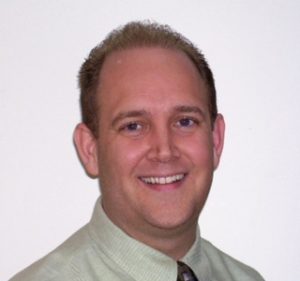Date: 04-20-2018
Time: 9:00AM-12:00PM
Location: 200 Yale Ave Morton, PA 19070
Topic: Identifying, Understanding, and Treating Self-Injurious Behavior
Presenter: Troy Brindle, MSW, LCSW, DCH
Presenter Bio: Troy L. Brindle, LCSW is a Partner and Director at Springfield Psychological, the largest behavioral health private practice in southeastern, PA. Troy received his BSW in 93’ from Cairn University and his MSW in 95’ from Rutgers University where he graduated with academic honors. Troy has been providing outpatient therapy for the past 20 years treating a wide range of child, adolescent and adult behavioral health issues including specializing in Self-Injurious Behaviors. Troy has served on the Pennsylvania National Association of Social Work board of directors since 2011 in a variety of capacities such as the Brandywine Division Chair, Delegate Assembly Representative to Washington D.C., President-Elect, most recently President. He is currently the Co-Chair of the Clinical Care Committee for NASW-PA. In 2015, Troy received the Alumni Recognition of the Year Award from Cairn University. Currently, Troy also serves on the board of directors for Access Services and two state wide task forces to transform Pennsylvania’s healthcare delivery system. Representing NASW and Springfield Psychological, Troy was recently featured on the nationally televised Informed Series with Rob Lowe for his pioneering work in integrating behavioral health services within 50 primary care settings including AdvoCare Pediatrics, Main Line Healthcare and Penn Medicine.
What defines self-injury has less to do with what it looks like (e.g. in what way someone hurts his/her body) than with the intention one has when doing it. Because self-injurious behaviors can appear to be suicidal gestures, it can be confusing, and often frightening to fellow clinicians when encountered. This is one of the reasons that it is important to assess the “why” of the injuries as well as the “what”. Although cutting is one of the most common and well documented forms, there are a wide variety of ways people hurt themselves. In fact, current studies reflect over 16 forms of active self-injury. This workshop will assist fellow professionals in identifying and understanding self-injurious behaviors. Additionally, we will explore current techniques/strategies to treat these behaviors.